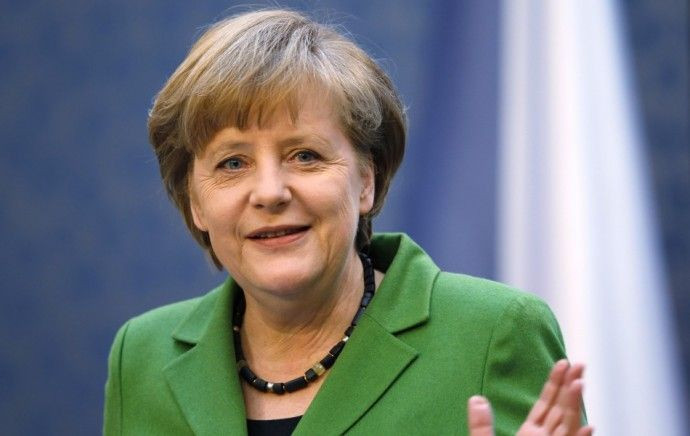
Angela Merkel, the German chancellor, was named as the world’s most powerful woman in 2019. She emerged at the top of Forbes' annual ranking this year, beating Nancy Pelosi and Christine Lagarde as the most influential female leaders.
On Dec. 12, via Forbes’ press release, the publication announced its 16th ranking of The World’s 100 Most Powerful Women. The list recognized influential and powerful women in six categories including finance, business, politics and policy, technology, media and entertainment and philanthropy. They are the ones who continue to build billion-dollar brands, driving change where it is needed and providing assistance using their platforms.
“We are seeing more women at the heads of the world’s most influential institutions - the European Commission, the European Central Bank, the U.S. House of Representatives - and more women taking power in c-suites and board rooms across America,” Maggie McGrath, ForbesWomen editor, said. “Systemic change takes time, but the women on this year’s Power list are wielding their influence across the world to help make that change.”
Lagarde, the European Central Bank head from France placed second in the ranking while US Speaker of the House of Representatives, Nancy Pelosi, comes in third place. Merkel has been topping the list for nine consecutive years now while it is the first time for Pelosi to be included in the top three. Lagarde was at no. 3 last year.

On the other hand, Greta Thunberg, the world-renown environmental activist, placed 100th in the Forbes’ list although she was recently named as the person of the year on Time magazine. This year’s top 5 includes newcomer Ursula Von Der Leyen, the president of the European Commission at no. 4 and General Motors CEO Mary Barra at no. 5.
According to The Daily Mail, Merkel ranks first again due to everything she has done as the Chancellor of Germany since 2005. With her brand of leadership, she has was labeled as the de facto leader of the European Union and “leader of the free world.”
Then again, she only has until 2021 to stay in the office and she already made it known that she wants to step down in time for the next federal election in Germany. Meanwhile, Forbes revealed that overall, these powerful women control or influence over $2.3 trillion in revenue and manage almost 6.5 million laborers.
© 2024 Latin Times. All rights reserved. Do not reproduce without permission.




